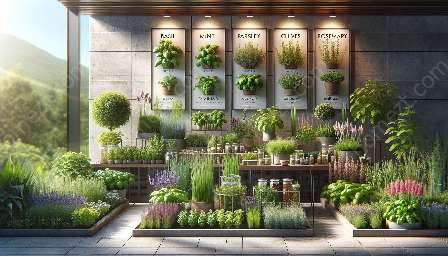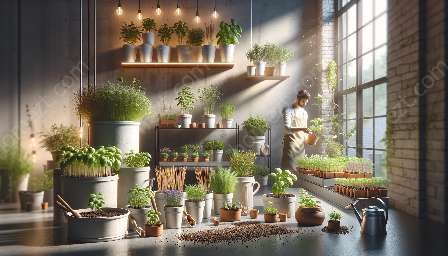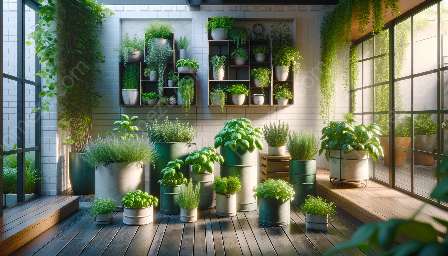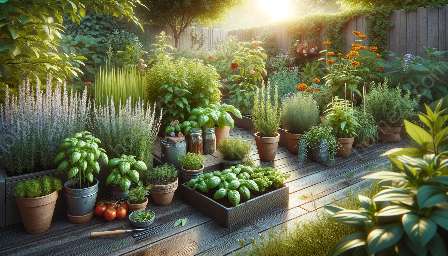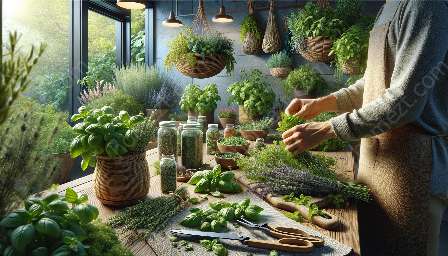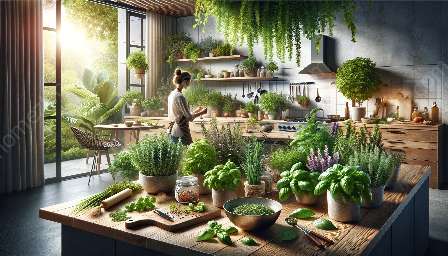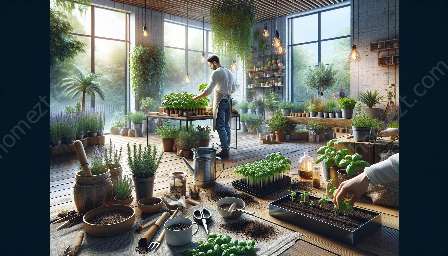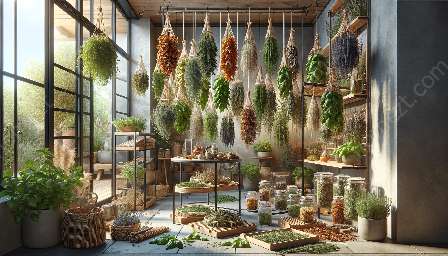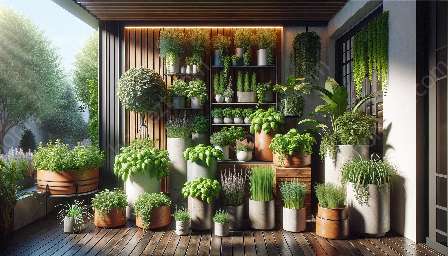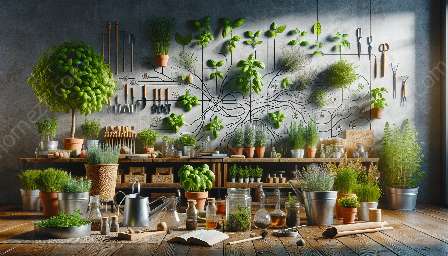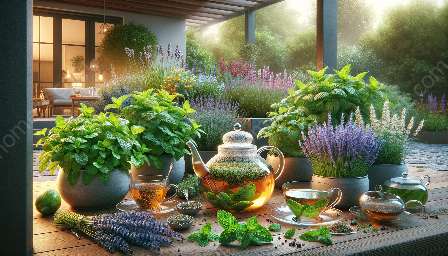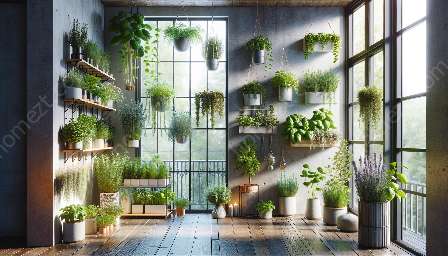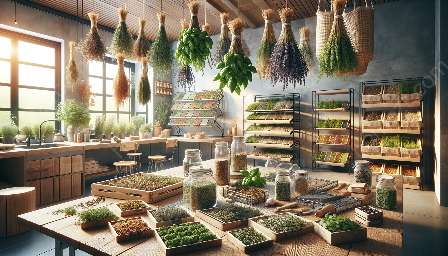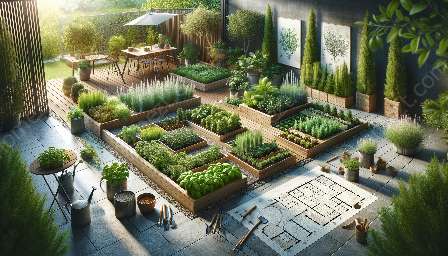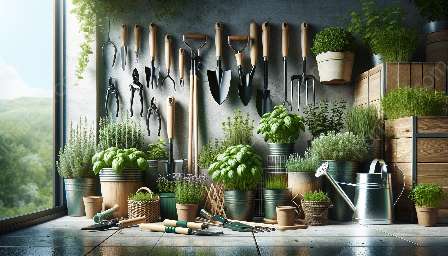Herbs are not only a delightful addition to any garden but also a valuable resource in cooking, medicine, and aromatherapy. As part of your herb gardening journey, it's essential to understand the best practices for drying and storing herbs to preserve their flavors and benefits. This comprehensive guide will explore the techniques, tips, and considerations for drying and storing herbs, offering practical insights for both herb gardens and gardening and landscaping enthusiasts.
The Importance of Drying and Storing Herbs
The process of drying herbs involves removing moisture from the leaves and stems, which helps to concentrate their flavors and preserve them for future use. Storing dried herbs properly ensures that they retain their potency and aroma, allowing you to enjoy the benefits of your herb garden year-round.
Best Practices for Drying Herbs
When it comes to drying herbs, there are several methods to choose from, each offering unique benefits. Air drying, oven drying, and using a dehydrator are popular techniques that can be utilized based on the herb type and environmental conditions.
- Air Drying: This traditional and simple method involves hanging herbs in small bunches in a warm, well-ventilated area. Herbs like oregano, thyme, and sage are well-suited for air drying.
- Oven Drying: A quicker alternative, oven drying requires low heat and good air circulation to dry herbs such as basil, mint, and rosemary effectively.
- Dehydrator: For a precise and efficient drying process, a dehydrator offers temperature control and consistent airflow, making it suitable for a variety of herbs.
Proper Storage of Dried Herbs
Once your herbs are thoroughly dried, it's crucial to store them correctly to maintain their quality. Using airtight containers, such as glass jars or resealable bags, is recommended to protect dried herbs from moisture and light. Additionally, labeling containers with the herb name and harvest date helps you keep track of their freshness.
Herb Gardens and Dried Herb Utilization
Integrating dried herbs from your garden into culinary creations unlocks a world of rich flavors and nutritional benefits. Whether infusing them into oils and vinegars, incorporating them into spice blends, or brewing herbal teas, the versatility of dried herbs enhances the culinary experience.
Gardening and Landscaping: Enhancing Herb Drying and Storage
For gardening and landscaping enthusiasts, creating designated areas for herb drying and storage can be an exciting project. Consider incorporating drying racks, decorative containers, and labels into your outdoor space to complement the beauty of your herb garden.
Conclusion
Mastering the art of drying and storing herbs is a valuable skill that enhances the experience of herb gardening and enriches your overall gardening and landscaping endeavors. By following the best practices and utilizing the preserved herbs in creative ways, you can enjoy the flavors and benefits of your herb garden throughout the year.


